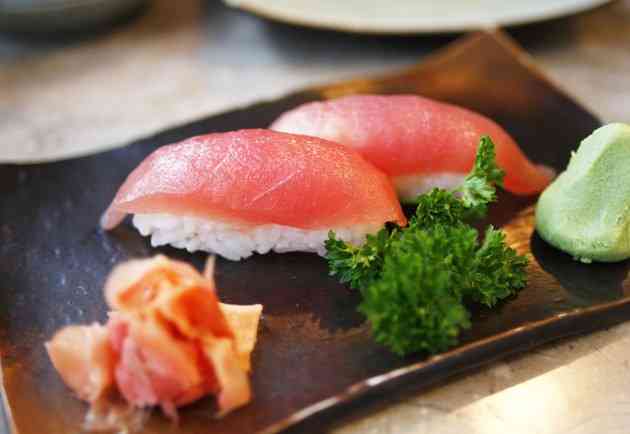Food Choices for a Child With Croup

If your child has croup, she may not feel like eating or drinking. In croup, inflammation in the upper airway, which includes the larynx and trachea, makes breathing difficult. A child with severe croup can't eat at all and needs hospitalization. If your child has mild croup, it's important to keep her hydrated. Forcing food could cause vomiting. Letting your child pick the foods she can handle is better than forcing certain foods. Talk to your doctor about your child's diet if she has croup.
 Croup may limit your child's appetite. (Image: Jupiterimages/Goodshoot/Getty Images)
Croup may limit your child's appetite. (Image: Jupiterimages/Goodshoot/Getty Images)Liquids
If your child with croup has little or no appetite, she may tolerate small sips of liquids such as water, juice or soup. Dehydration can occur if your child doesn't drink enough fluids. Offer small amounts frequently rather than large amounts at one time, which can make a child nauseated and could increase the risk of vomiting during a coughing spasm.
Dairy
Although many alternative practitioners, as well as conventional medical practitioners, believe that dairy products increase mucus and worsen respiratory symptoms, this belief has no scientific validity, according to an article published by Swiss researchers in the December 2005 issue of the "Journal of the American College of Nutrition." The only reason to avoid dairy products if your child has croup or if she frequently has a recurrence of croup is if she has a milk allergy.
Easy-to-Chew Foods
When your child has croup, she uses extra energy just to breathe. For this reason, she has little energy left to chew food to eat. Your child may accept soft foods such as pudding, applesauce, thin mashed potatoes, ice cream or other foods that don't need chewing -- rather than meats or other foods that require extra energy to get down her throat. Avoid food that your child could aspirate during a coughing episode, such as hard candy, grapes, nuts or other small, hard foods.
Considerations
Viruses most often cause croup, but in some cases, allergies may also play a role, according to the American Academy of Pediatrics. If you think food allergies trigger recurrent croup in your child, allergy testing can help pinpoint the possible culprit. According to KidsHealth from Nemours, eight foods cause most allergic reactions in children: milk, soy, eggs, wheat, seafood, shellfish, tree nuts and peanuts. Talk to your doctor about allergy testing if you feel that allergies cause your child's recurrent croup; eliminating food allergens may reduce the incidence of croup in this case.




